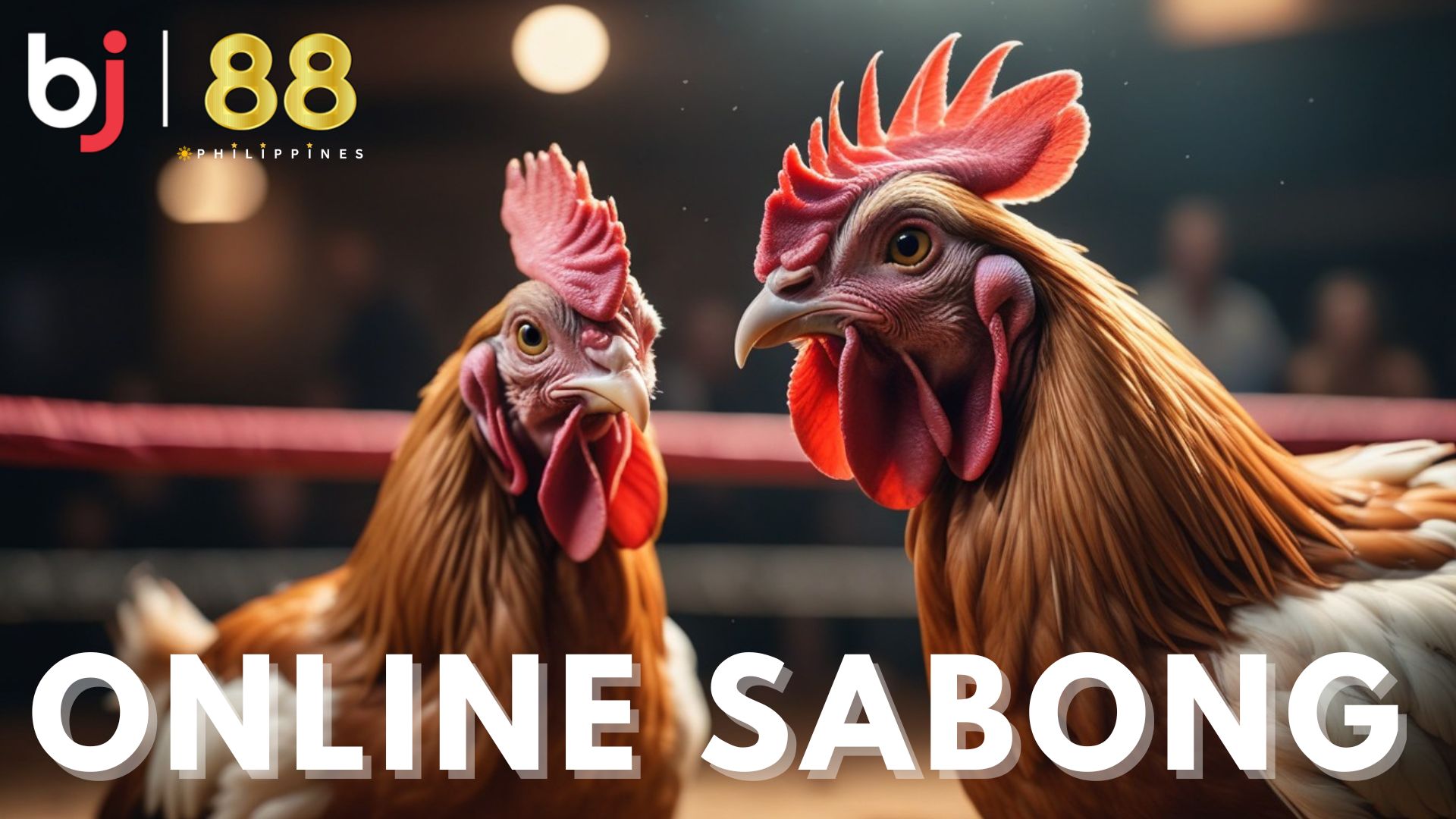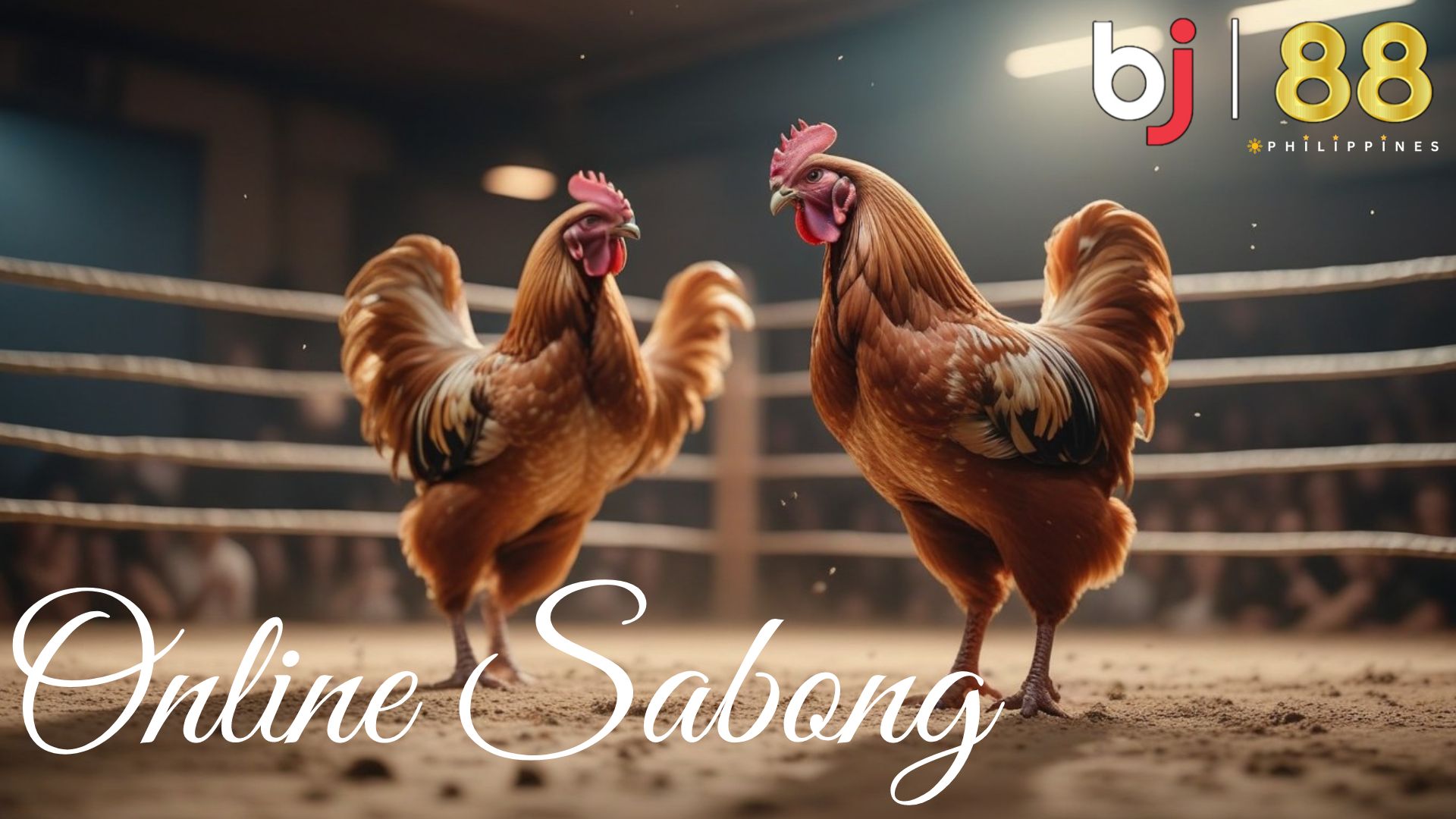BJ88 roosters have gained significant attention among poultry enthusiasts and breeders alike. Known for their unique characteristics, these birds offer a blend of beauty, productivity, and distinct behavioral traits that set them apart from other breeds. Understanding the behaviors and social dynamics of BJ88 roosters can enhance the experience of keeping these fascinating birds and help in managing their needs more effectively. From their temperament to their interactions with other flock members, the BJ88 rooster exemplifies both the charm and complexity inherent in avian behavior.
Unique Temperament of BJ88 Roosters

The temperament of any breed plays a crucial role in how they interact with their environment and caretakers. BJ88 roosters are known for their distinctive personality traits, which can be both captivating and challenging.
Gentle Nature
One of the most striking features of BJ88 roosters is their generally gentle demeanor. Unlike some aggressive rooster breeds, BJ88s tend to exhibit calmness, especially when raised in a stable and nurturing environment.
This gentleness makes them excellent companions for families and individuals who may be new to poultry keeping. They are less likely to show aggression towards humans and can adapt to being handled without displaying fear or defensiveness. This trait not only makes them pleasant to be around but also enhances their suitability for educational settings where children interact with animals.
Social Interactions
BJ88 roosters thrive on social interaction, both with humans and fellow chickens. These birds often display curious behaviors and enjoy exploring their surroundings. Their social nature allows them to form bonds with their flock mates, often seen engaging in playful antics or cooperative activities such as dust bathing.
Moreover, BJ88 roosters are known to take on protective roles within their flocks. They often act as vigilant guardians, alerting hens to potential dangers while simultaneously displaying confidence. This protectiveness underscores their role as leaders, providing a sense of security to the rest of the group.
Playful Behavior
Another delightful aspect of BJ88 roosters is their playful behavior. They engage in various activities that reflect their inquisitive nature, such as scratching the ground, pecking at interesting objects, and even chasing after insects. Observing their playful antics can bring joy to those who keep them.
Their playful tendencies also serve an important purpose; through play, they develop essential skills necessary for survival in the wild. This instinctual behavior is crucial for maintaining physical health, promoting exercise, and fostering positive social interactions within the flock.
See more: bj88.nyc
Communication Styles of BJ88 Roosters

Understanding how BJ88 roosters communicate is vital for anyone interested in raising these birds. Their communication encompasses vocalizations, body language, and social cues.
Vocalizations
BJ88 roosters have a diverse repertoire of sounds used to convey different messages. One of the most recognizable sounds is their crowing, which serves multiple purposes, including marking territory and attracting hens. The crowing of a BJ88 is often perceived as melodious compared to other breeds, making it a pleasing sound to many.
In addition to crowing, these roosters utilize clucks, purrs, and alarm calls to express themselves. For example, when they sense danger, they produce sharp alarm calls that alert others in the flock. Recognizing these vocal signals can help owners better understand the mood and needs of their roosters.
Body Language
Body language is another crucial element of communication among BJ88 roosters. Their posture, movement, and gestures convey emotions such as confidence, submission, and curiosity. A rooster standing tall with an upright posture often indicates dominance, whereas a crouched position may signify submission or stress.
Additionally, BJ88 roosters may engage in specific behaviors like wing flapping or puffing up their feathers when feeling threatened or challenged. Understanding these non-verbal cues allows owners to assess the overall well-being of their birds and respond appropriately to any issues.
Social Cues
BJ88 roosters also communicate through social cues designed to facilitate interaction with their flock. For instance, they may perform specific rituals during mating displays to attract hens. These displays can include elaborate dances or feather displays that showcase their physical prowess.
By observing these social interactions, owners can gain insight into the hierarchical structure within their flock and identify any potential conflicts or challenges that may arise.
Territorial Behavior of BJ88 Roosters

Territoriality is a natural instinct seen in many rooster breeds, and BJ88 roosters are no exception. Their territorial behavior can manifest in various ways.
Defending Territory
BJ88 roosters are known to be protective of their territory. They often patrol their space, asserting their dominance over areas they consider theirs. This behavior is vital for establishing a hierarchy within the flock and ensuring that resources such as food and nesting sites are adequately defended.
When a newcomer is introduced to the flock, BJ88 roosters may display aggressive behaviors initially, attempting to assert their dominance. This phase of adjustment is critical for integrating new members and requires careful management by the owner to avoid injuries.
Marking Territory
To reinforce their territorial claim, BJ88 roosters engage in marking behaviors, such as scratching the ground and leaving droppings. These actions signal to other birds that this area is occupied and should be respected.
They may also use visual cues by fluffing their feathers or spreading their wings to appear larger and more intimidating. These displays are essential tools for establishing dominance over intruders, whether they are other roosters or external threats.
Impact on Flock Dynamics
The territorial behavior of BJ88 roosters significantly influences flock dynamics. The presence of a dominant rooster can help maintain harmony among hens, reducing instances of bullying or aggression. However, territorial disputes between multiple roosters can lead to conflicts requiring intervention.
Escalated territorial behavior can sometimes disrupt the peace within the flock. Owners must closely monitor interactions to ensure that all birds feel safe and secure, preventing unnecessary stress or injuries.
See more: game 3D bj88
Mating Rituals of BJ88 Roosters
Mating rituals are a fascinating aspect of BJ88 rooster behavior, reflecting their instinctive drives and social structures.
Courtship Displays
During mating season, BJ88 roosters engage in elaborate courtship displays to attract hens. These displays can include a combination of vocalizations, feather displays, and choreographed movements. A rooster may puff up his feathers, flap his wings, and make soft cooing sounds while circling the hen, indicating his interest.
Such intricate displays not only showcase the rooster’s vitality and health but also serve to impress potential mates. Observers often find these rituals captivating, as they reveal the complexities of avian courtship behavior.
Mating Behavior
When a hen shows receptive behavior, the rooster will mount her to mate. This process is often quick, and the rooster’s agility plays a significant role in successful mating. Hens typically lay eggs shortly after mating, thus contributing to the reproductive cycle and supporting flock growth.
It is important for owners to provide adequate space and resources to allow mating behaviors to occur naturally. Stressful environments can hinder reproductive success and impact the overall wellbeing of both roosters and hens.
Dominance and Breeding Rights
Within a flock, the dominant BJ88 rooster typically has preferential breeding rights. His position in the hierarchy determines access to females, which can influence genetic diversity and flock dynamics. A well-established rooster may help maintain order and foster a conducive environment for breeding.
However, introducing new roosters can alter existing dynamics and challenge established hierarchies. It’s crucial for owners to manage these changes carefully to minimize stress and promote cohesion.
Health and Wellbeing of BJ88 Roosters
Ensuring the health and wellbeing of BJ88 roosters is essential for maintaining their vibrant personalities and behaviors.
Nutrition and Diet
A balanced diet is foundational to the health of BJ88 roosters. Providing high-quality feed rich in essential nutrients supports their physical development and immune system. Proper nutrition affects not only the rooster’s appearance but also its behavior and temperament.
In addition to commercial feeds, offering supplements and fresh vegetables can enhance their diet. Access to clean water and grit is equally vital, as it aids in digestion and promotes healthy bodily functions.
Environmental Enrichment
BJ88 roosters require an enriching environment to encourage natural behaviors and promote mental stimulation. Providing space for roaming, perching areas, and opportunities for dust bathing are essential components of their habitat.
Engaging BJ88 roosters in activities such as foraging or providing toys can reduce boredom and prevent destructive behaviors. A well-structured environment contributes positively to their mental health, resulting in a happier and healthier flock.
Monitoring Health
Regular monitoring of BJ88 roosters’ health is vital for early detection of potential issues. Observing their behaviors, eating habits, and signs of distress can help owners address health concerns promptly.
Routine veterinary check-ups and vaccinations can prevent common diseases prevalent among poultry. Keeping a close eye on their interactions within the flock can also help identify any bullying or stress-related issues that may arise.
FAQs
What do BJ88 roosters eat?
BJ88 roosters thrive on a balanced diet consisting of high-quality commercial poultry feed supplemented with grains, vegetables, and occasional protein sources like insects. Fresh clean water should always be available.
Are BJ88 roosters aggressive?
While BJ88 roosters have gentle temperaments, they can exhibit territorial behaviors, particularly when defending their flock. Proper socialization and management can help mitigate aggression.
How can I tell if my BJ88 rooster is healthy?
Signs of a healthy BJ88 rooster include bright eyes, smooth feathers, active behavior, and a healthy appetite. Any sudden changes in behavior or appearance should be evaluated for potential health issues.
Do BJ88 roosters need special care?
BJ88 roosters require basic poultry care, including a nutritious diet, a safe living environment, regular health monitoring, and social interaction. Providing enrichment and proper amenities will contribute to their overall wellbeing.
Can BJ88 roosters live with other breeds?
Yes, BJ88 roosters can coexist with other chicken breeds, but it’s essential to monitor their interactions to avoid potential conflicts. Introducing new members gradually and ensuring adequate space can help maintain harmony.
Conclusion
The behavioral traits of BJ88 roosters present a fascinating glimpse into the world of poultry keeping. Their gentle temperament, social dynamics, and unique communication styles create a captivating experience for those fortunate enough to raise them. By understanding their needs for territory, mating rituals, and overall health, owners can cultivate a harmonious environment that enhances the lives of these remarkable birds. As we continue to explore the intricacies of BJ88 roosters, we deepen our appreciation for the complex behaviors and social structures that exist within the avian kingdom.
